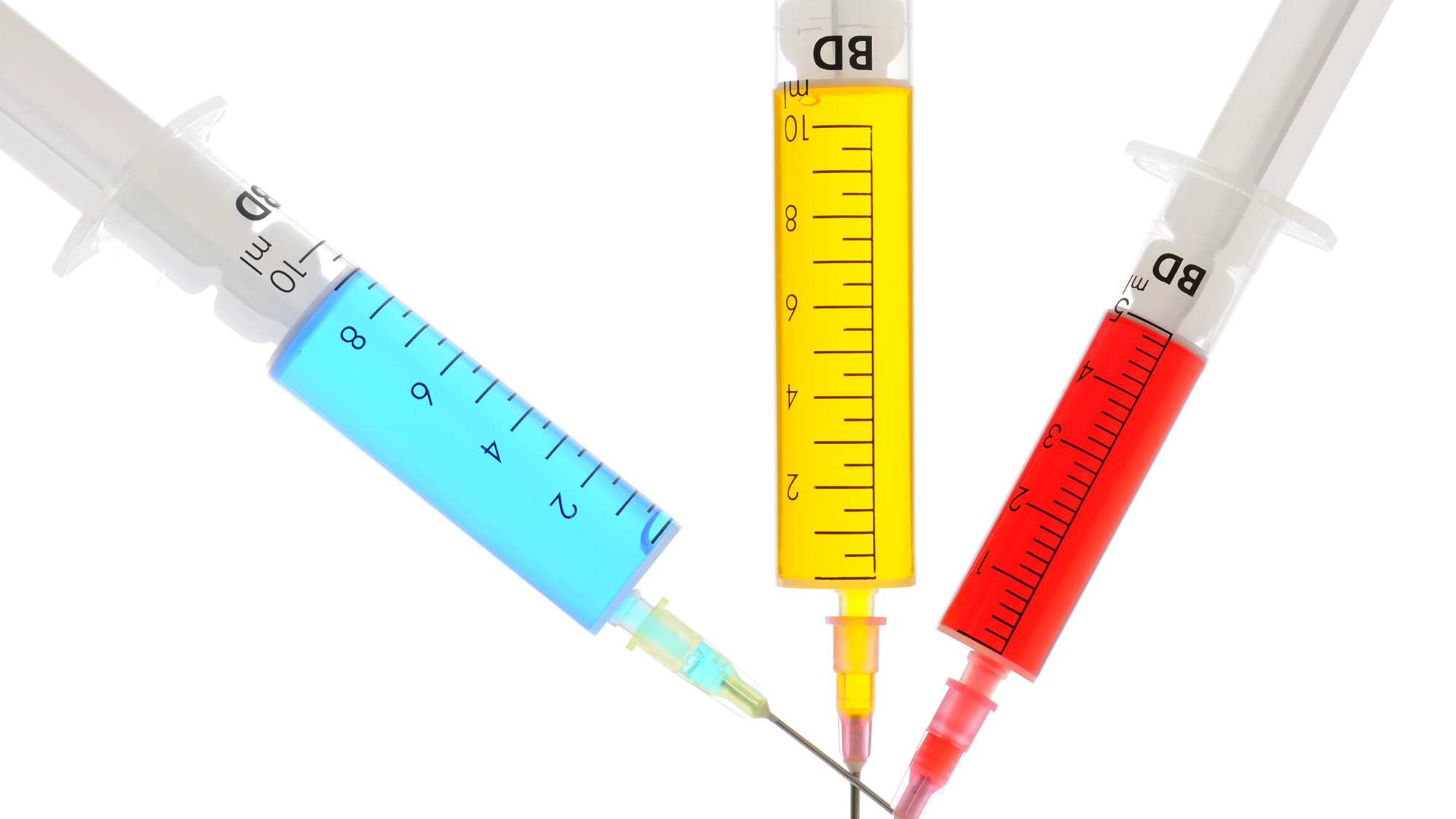How to restore your collagen for smoother, plumper skin
Yes, it's possible...


Yes, it's possible...
Collagen. It's a word frequently thrown about, but rarely understood completely. It also happens to be the stuff that keeps your skin looking plump, smooth and youthful. Unfortunately, as we age, it naturally decreases. The good news is, there are ways of restoring it, so you can get back your bounce. But first, let's get down to what collagen actually is, why you need it and what exactly it does.
What is collagen?
Think of a baby's cheek and an 80 year old person's cheek. The former is full, bouncy. While the latter is thin, perhaps even a bit saggy. This is the difference between having a lot of collagen and having only a little.
In technical terms, collagen is a protein that helps make up the main structural component of the lower layer of skin. In layman's terms, it's the stuff thats' responsible for your skin's strength and holding everything up. Like a stretch band, collagen has great strength and can be pulled without breaking, allowing certain parts of your body to move without damage.
Why does collagen break down?
When we're young, we produce collagen all the time. If collagen becomes damaged or destroyed, your skin will automatically begin the process of producing new collagen. But, as the ageing process takes over, our collagen production decreases. This is why our skin forms wrinkles and sags. By around age 30, your skin loses roughly 1.5 percent of its natural collagen and by 40, it loses about 15 percent.
Environmental factors, like UVA can cause collagen to break down, as can lifestyle influences like smoking, which is why anti-oxidants, like vitamin C are so important for the stability of collagen molecules.
Collagen treatments
There are several ways to help promote collagen production. You can try collagen wave therapy, which employs the use of radio frequency to heat up deep layers of the skin and underlying tissue, causing deep collagen structures in the skin to immediately tighten. This improves the existing collagen and promotes new collagen production to further tighten the skin, resulting in healthier, smoother skin and a more youthful appearance. Other treatments include collagen powder, drinks, collagen supplements, creams and masks. Certain foods can also help increase collagen. Read on to find the best one for you. You can also take this quiz which matches you with the perfect moisturiser to plump things up – find yours here.
Marie Claire Newsletter
Celebrity news, beauty, fashion advice, and fascinating features, delivered straight to your inbox!
Collagen powder
Adding a scoop of collagen powder to a daily smoothie provides your body with specific amino acids necessary to replenishing the body’s collagen supply. Try NeoCell Super Collagen, £13.96. If your looking to counteract a mild collagen deficiency, try Doctor's Best Collagen Types 1 & 3 Powder, £12.95.
Collagen drink
Collagen molecule fragments are absorbed into your bloodstream and distributed through the entire body, including the skin, where small fragments remain for up to 14 days. Then, when it breaks down further, your body is tricked into thinking natural collagen is decreasing, so it stimulates fibroblasts to produce more collagen.
Try Skinade, £99 for 30 day supply. Each 150ml bottle contains 7,000mg of hydrolysed freshwater fish collagen, plus calcium, MSM, B and C vitamins, flax seed and l-lysine amino acid. Fountain The Phyto-Collagen Molecule, £39.99, also promotes the production of collagen when consumed.
Collagen supplements
Much like collagen powder and drinks, supplements in the form of pills and capsule can help increase your collagen production. Try Holland & Barrett's Marine Collagen Capsules, £25.99. It contains a combination of Collagen, Hyaluronic Acid and Vitamins C and E to protect existing collagen and promote new collagen.
Supplements can also promote the production of collagen by protecting your skin from environmental aggressors. This allows your body to produce collagen naturally. We rate Gold Collagen Defence, £14.95, which contains a unique blend of 17 active ingredients specifically formulated to enhance the skin's ability to fight free radicals.
Collagen mask
Collagen face masks are infused with a variety of nourishing ingredients, including collagen. They offer better penetration of active ingredients than other topical solutions. And if used regularly can help ward off skin-damaging free radicals. Try Skin Republic's Collagen Infusion Sheet Mask, £4.99.
Collagen creams
Many anti-ageing creams promote collagen production, thanks to certain ingredients, like algae and the chemical, Matrixyl. Look for creams that specifically target collagen production. Try Elemis Pro-Collagen Marine Cream, £80, which helps increase the quantity of glycosaminoglycans within the skin to make it plump and smooth and L'Oreal's Wrinkle De-Crease Collagen Re-Plumper Night Cream, £11.49, which contains Boswelox contains a unique phyto-complex designed to rejuvenate facial contours and skin.
Collagen foods
Foods can help promote collagen too. Dark leafy greens like spinach and kale are packed with antioxidants that protect your skin against the free radicals that break down collagen. As do orange coloured vegetables like carrots and sweet potatoes. Garlic also contains lipoic acid and taurine, both of which help rebuild damaged collagen.